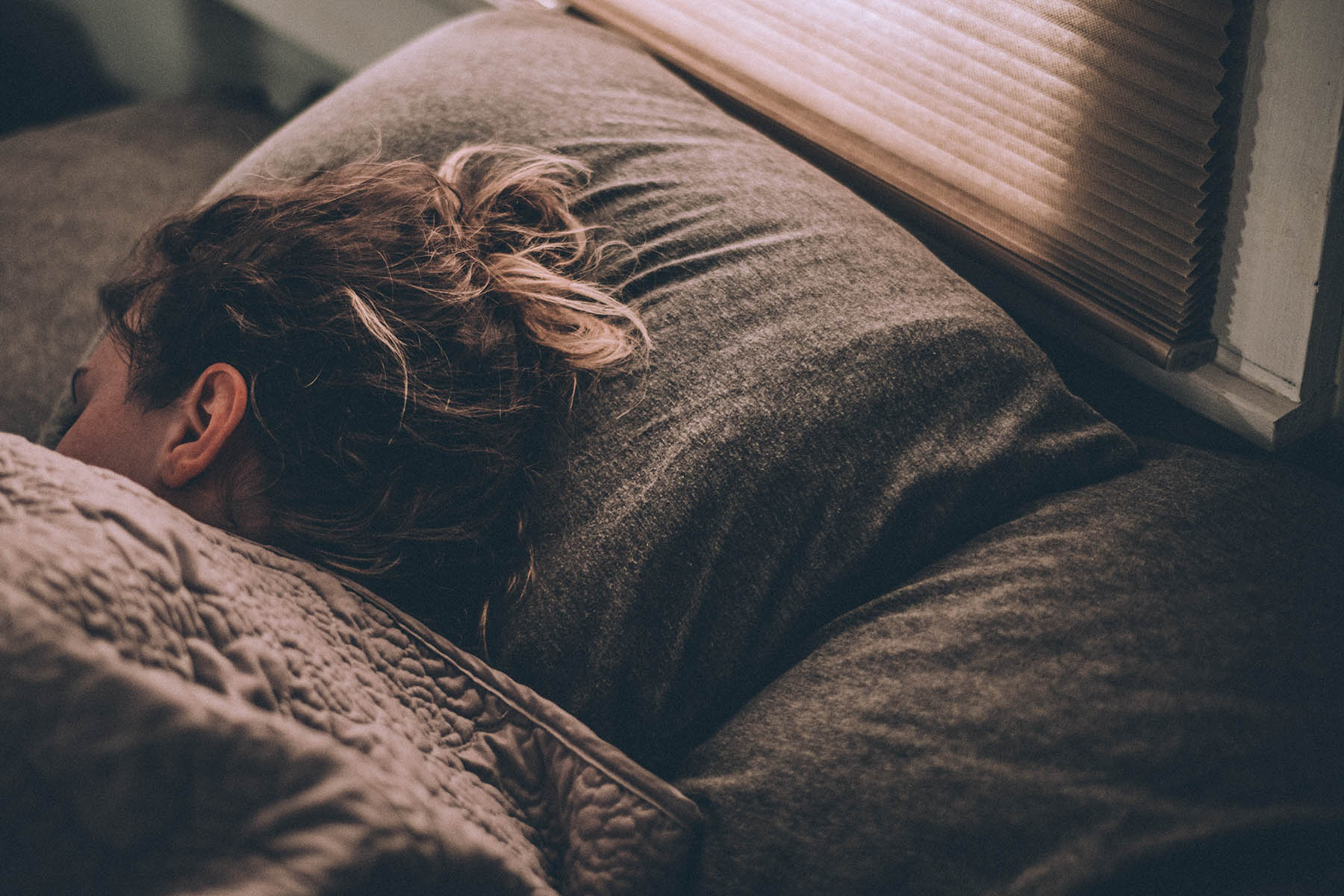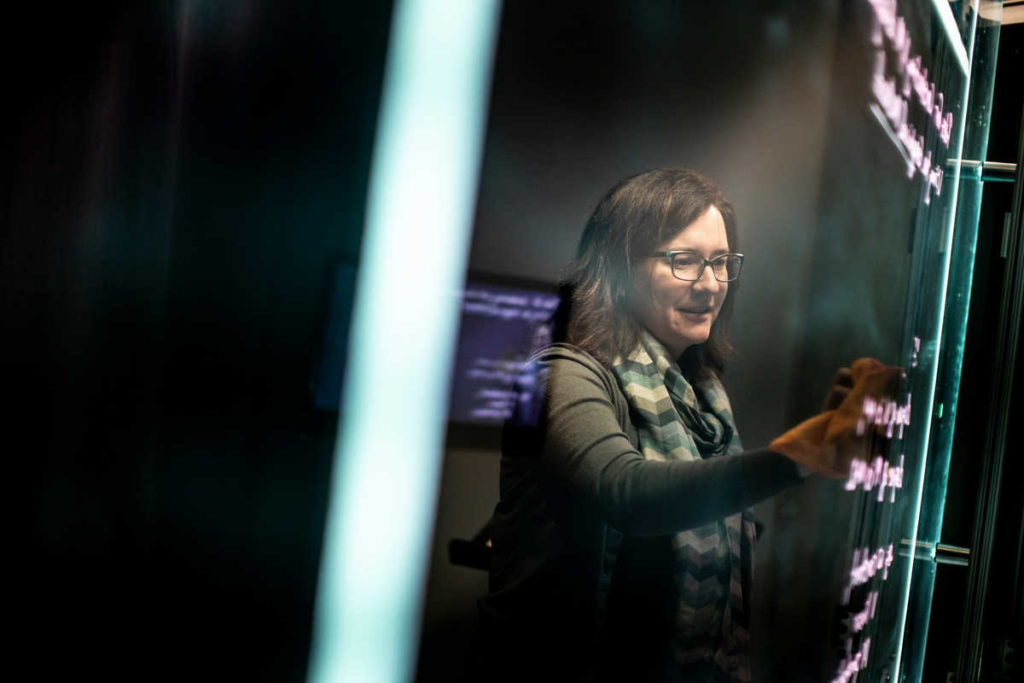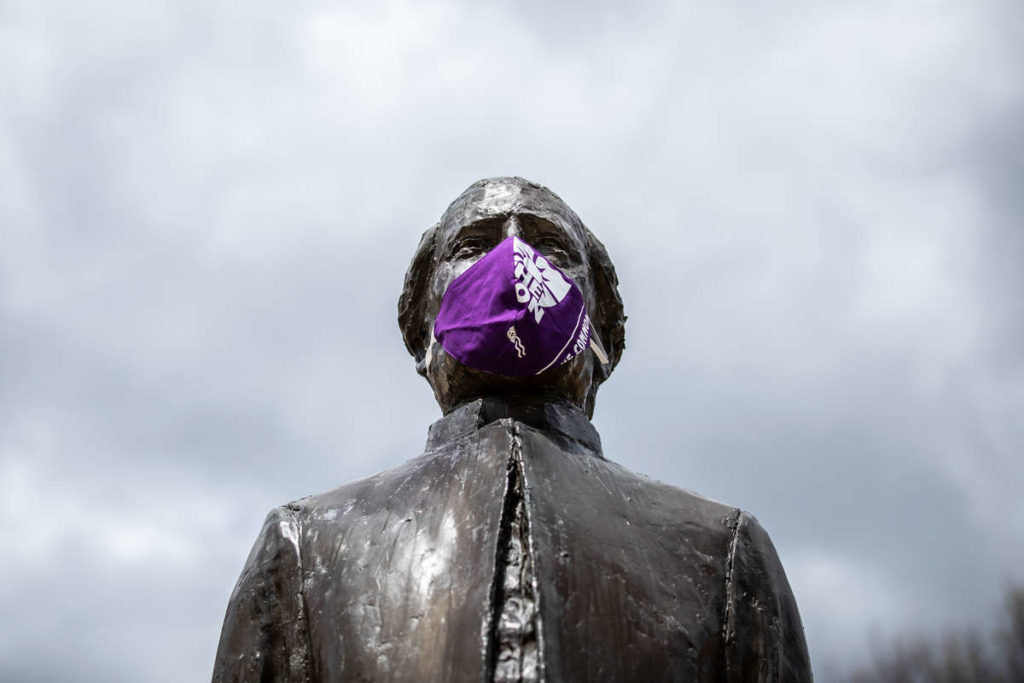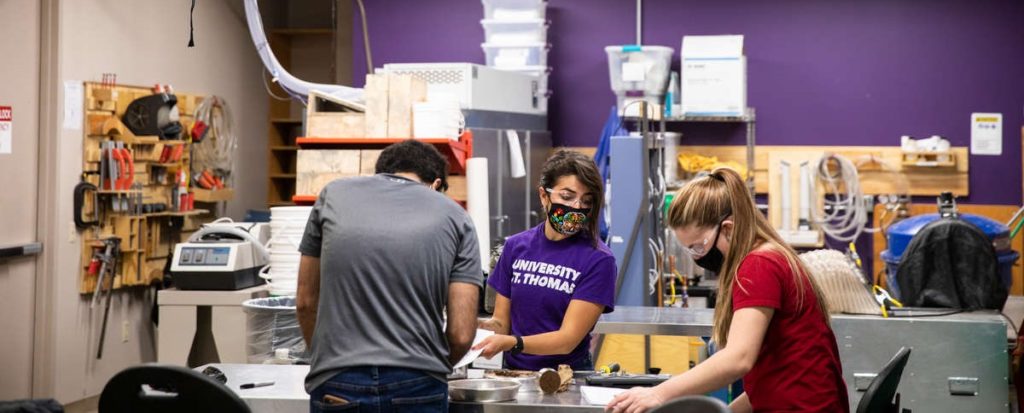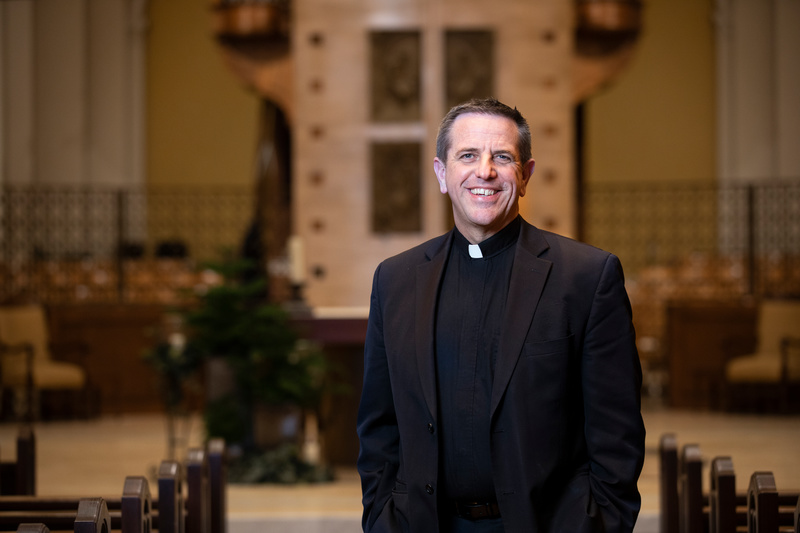For college students, a traumatic life event like the loss of a loved one or loss of a relationship can increase the likelihood of suicidal thoughts and attempts by as much as 58%. A recently published University of St. Thomas study finds that those same thoughts and attempts can be dramatically reduced by simply getting a good night’s sleep.
Dr. Roxanne Prichard, professor of neuroscience and psychology, led the study which relies on data from 40,000 college students. Prichard and her colleagues found that the result of healthy sleep is roughly equal to the results of having a strong social network or having a sense of purpose. “Significant trauma, such as the loss of a job, a family member, or romantic relationship can increase the odds of suicide and psychological distress by 27%-58%. If the same students had good sleep, that can reduce psychological distress from traumatic events by 10%-12% ... The statistical power of that is on par with having a purpose in life or having a good network of friends,” Prichard said.
While it may seem like low-hanging fruit, healthy sleep is elusive for some under the best of circumstances and even more challenging in the times of the COVID-19 pandemic. For the latter group, lack of sleep can be a debilitating feedback loop. “If you’re physically active during the day, you see the sun, you’re productive, you don’t have many concerns and you feel good about how you spent your day, it’s easier to go to sleep,” Prichard said. Additionally, Prichard explained, “If you’ve been inactive, sitting down and you have concerns that you don’t have the ability to impact, that is a recipe for what’s called pre-sleep cognitive arousal where we’re lying in bed with our wheels spinning and we don’t have a way to address that. If you can’t fall asleep because you’re too stressed, you’re going to have a harder time getting to sleep the next night because the lack of sleep amplifies your stress level.”
The good news is that the same feedback loop works in reverse and the effects can be felt in short order. “Sleep is one of the things you can control and it’s one of the quickest ways to improve your health overnight. If you can prioritize sleep, that will give you a physiological and mental resilience against stressors,” Prichard said.
Birdie Cunningham is a sleep specialist at the University of St. Thomas Center for Well-Being who works with individual students to improve sleep habits. She finds that the pandemic and associated isolation, inactivity and substance abuse are contributing to a dangerous sleep deficit in students.
“We try to work on the three foundations of sleep, which are sufficient, restorative and consistent sleep. Sufficient means we want them to get that seven to nine recommended hours per night. Restorative sleep is the kind of sleep where you wake up feeling refreshed, and you go through cycles of sleep as you should without many interruptions. The biggest one, especially for college students, is consistency, meaning you go to bed and wake up within an hour of the same time daily … and the best place to start is to wake up at the same time every morning. Because we know that if they get up at the same time every morning, they will naturally shift what time they are going to bed … We know that a habit is formed in about 20 days,” Cunningham said. She challenges students experiencing sleep deprivation due to pandemic conditions to commit to waking up at the same time every day for the next 20 days. According to Prichard’s study, this simple change could save lives.
Students experiencing problems with their sleep can reach Birdie Cunningham at cunn5603@stthomas.edu.
